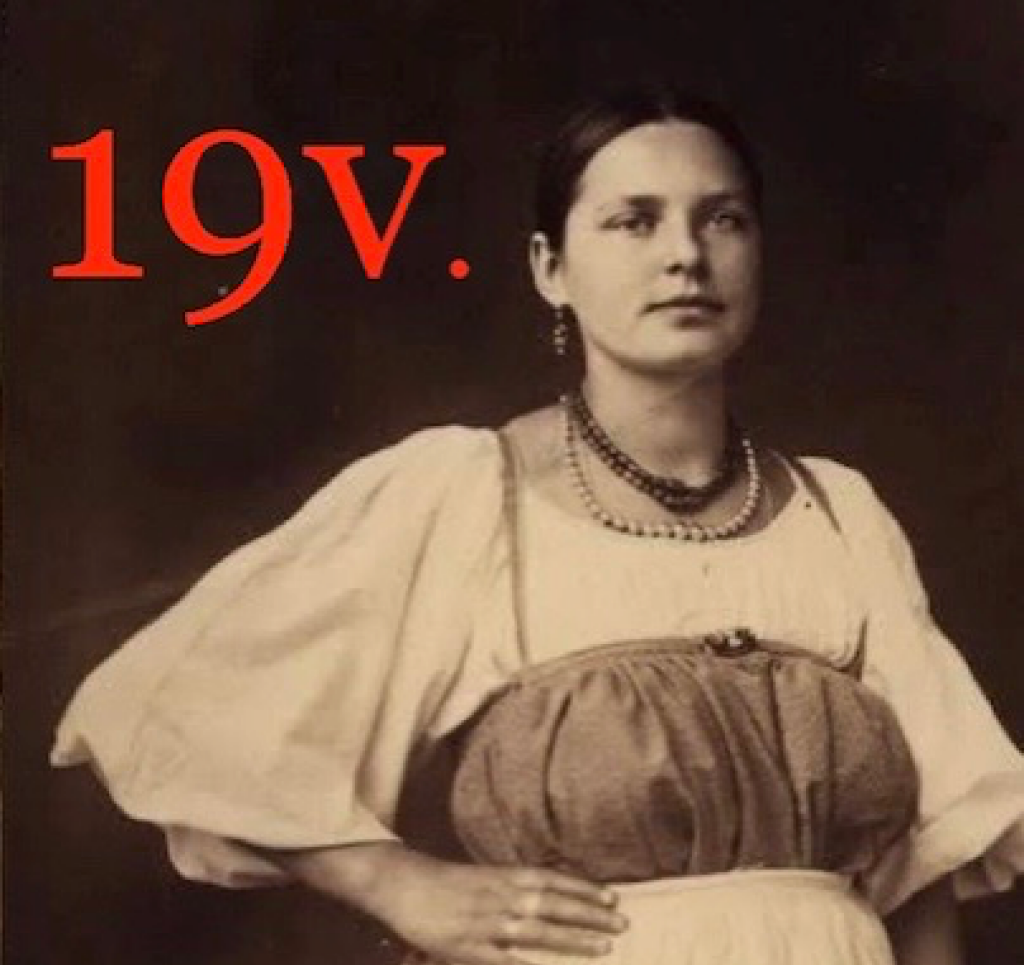This post is part of Chapter 2 of Russia’s Alien Nations: The Secret Identities of Post-Socialism, an ongoing feature on All the Russias. It can also be found at russiasaliennations.org. You can also find all the previous entries here.
Two decades after the peak of the New Russian phenomenon, the question I asked at the end of the last post would seem to have an obvious answer: no, the New Russians did not have a future, because they are no longer on the scene. But that is not what the “future” question is about.
Rather, the New Russian suggests three possible temporalities: first, the capitalist teleology discussed in the previous post. This is the scenario in which the New Russian is a temporary, but necessary, evolution from sovok to a civilized upper class. In this framework, the New Russian does not necessarily create anything or even mean anything; he is the tacky, awkward age of a capitalism that is undergoing growing pains.
But if we combine the capitalist teleology with both the starry-eyed optimism implied by Hedrick Smith’s New Russians and the century-long tradition of imagining a new people who either inhabit or create a new world, the New Russian is a parodic counterpart to the New (Soviet) Man. That he so closely resembles Mayakovky’s Philistinius vulgaris from The Bedbug suggests the active creation of a future that looks suspiciously like a relatively recently rejected past. This temporality is both retrospective (looking to the anti-capitalist, anti-bourgeois sentiments of the 1920s) and conditional-subjunctive: the New Russian is creating a capitalist world, but it is not that of America or Western Europe. It is the imaginary capitalist hell of Soviet propaganda, in which the rich run wild and the poor have no rights or resources whatsoever.
The third temporality is much broader than simply the world of the New Russians, and will be explored at a greater length in the second volume of Russia’s Alien Nations. This is the pervasive fantasy of a future that recapitulates not simply the recent, Soviet past, or a lost capitalist Neverland, but a pre-capitalist, medieval system of estates or castes, in which the power of the aristocracy over the peasants (read: the poor and dispossessed) is virtually limitless.
This is a vision of social stratification that uses capitalism as a way station to serfdom. Where F. A. Hayek famous argued that the road to serfdom was paved with government overreach, central planning, and the rejection of individualism, fantasies of a New Russian, oligarchic feudal system ignore the boundaries between capitalism and communism, focusing instead on the persistence of an elite privilege that, while it may change its outer form and expressed ideology, inevitably leads to a new medievalism.
New Medievalism can mean many things to many people; in political science, it usually refers to the decline of the nation state and the rise of supranational entities that impinge on sovereignty. For Russian philosophy Nikolai Berdyaev, who wrote The New Middle Ages (Novoe srednevekov’e) in 1924, it was about the turn away from rationalism and humanism, a spiritual revolution that emphasized the collective over the individual. But the feudal fantasy that is relevant to the New Russians ends up emphasizing the socioeconomic structure of feudalism over its spirituality, even if spirituality is often invoked as its justification in both satirical and sincere new medieval Russian futures.
The best known vision of a feudal twenty-first century Russia is that of Vladimir Sorokin, in his books The Day of the Oprichnik and The Sugary Kremlin. Cut off from the world by a Great Wall, the Tsarist Russia of 2028 is carefully policed by security forces bearing the name of Ivan the Terrible’s viscous enforcers. There are no “New Russians” in the novel per se; instead, they have been replaced by a restored nobility, one that, unlike the rich men of the 1990s, is painfully aware that it exists at the sufferance of the state. Tatyana Tolstaya’s dystopian novel The Slynx also features a return to medievalism, this time against the backdrop of a world recovering from a nuclear holocaust. Here, too, New Russians are not a going concern. For a firm connection between feudalist fantasy and New Russian absolute power, we must turn to the work of Vladimir Tuchkov.
Next: The New Russian and the American Psycho



